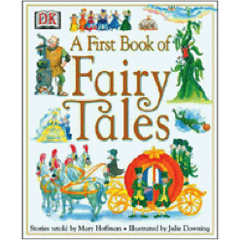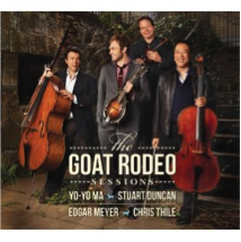|
with Michelle Cameron Critique of Stories Despite taking a break in the middle to write, we managed to get through everyone’s story today. I did give the kids a choice of giving me their print outs if they wanted a more in-depth critique. From here on out, I’ll always include that as a possibility – and definitely take home those stories we don’t get to share. Here are some of the things we discussed today as we critiqued the work that they brought in from home: 1. One of the aspects of creating a character’s voice is that the character may use phrases that otherwise might be edited out – such as “like.” 2. Exaggeration can help create a strong voice – if it’s in keeping with the character. 3. That one of the (few) hard and fast rules of writing is that we need to know who is speaking at all times. 4. We spent awhile talking about the role of prologues, particularly because two students used them this time to start off their stories. Among the aspects we discussed:
 5. Fairy tales told from another perspective can be fascinating – a retelling of stories we already know. (We may incorporate this into a prompt in a later class.) 6. Use of vocabulary can be a strong factor in setting a scene, particularly if it is a time and place not of our world. 7. Any characters who are introduced must serve the story – there should be no “throw-away” characters. 8. Humor should not just amuse the writer – they have to make sure it’s not a distraction to the story. 9. If there is something in a story that is unexplained, often the writer needs to make sure to acknowledge this so the reader isn’t left wondering. 10. We have to believe the facts of a story – someone with a broken leg, for instance, would be in a lot of pain and wouldn’t be able to stand up. Using Music as a Prompt Today I challenged the writers to try and quiet their inner critic. We discussed how sometimes we get stuck writing a story when we’re frightened we won’t do it well. Our inner critic gets in the way of the creative process. So we tried an experiment. I played a piece of music (“Less Is Moi” by Yo Yo Ma’s Goat Rodeo) and told the kids to write without stopping. They shouldn’t think, shouldn’t go back to correct anything. It would be okay if the thoughts strung together were random and nonsensical. I said that what we’re trying for is “spit on the page” – a first draft that may (or may not) uncover a story hiding within. It took some time for a few of the kids to get going. But what they wrote was evocative and full of imagery. We didn’t critique these pieces, as it was too preliminary to do so. But we did talk about some of the possibilities inherent in them. HomeworkAs always, this week’s homework is a choice:
See everyone next week! Comments are closed.
|
Categories
All
Archives
May 2016
|

 RSS Feed
RSS Feed